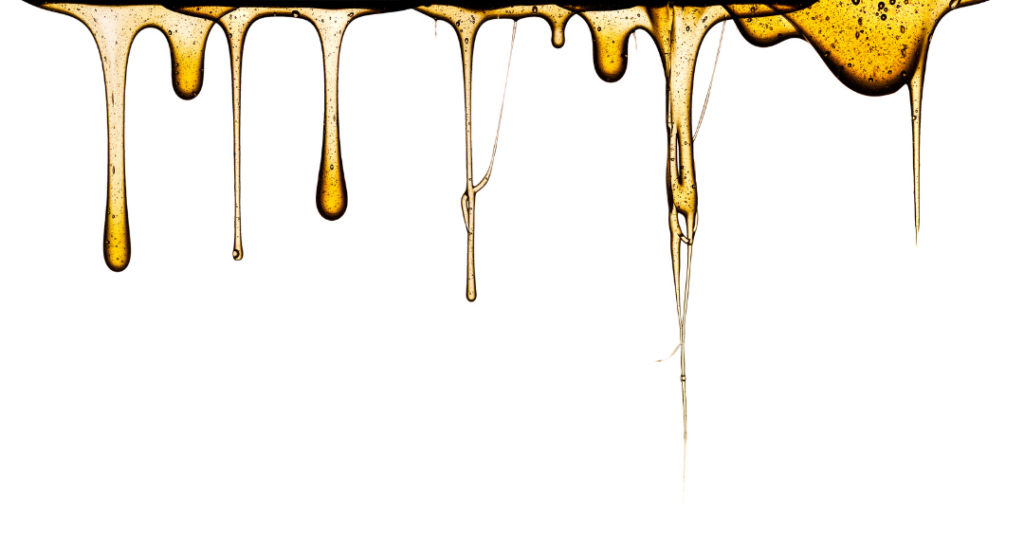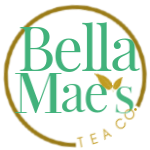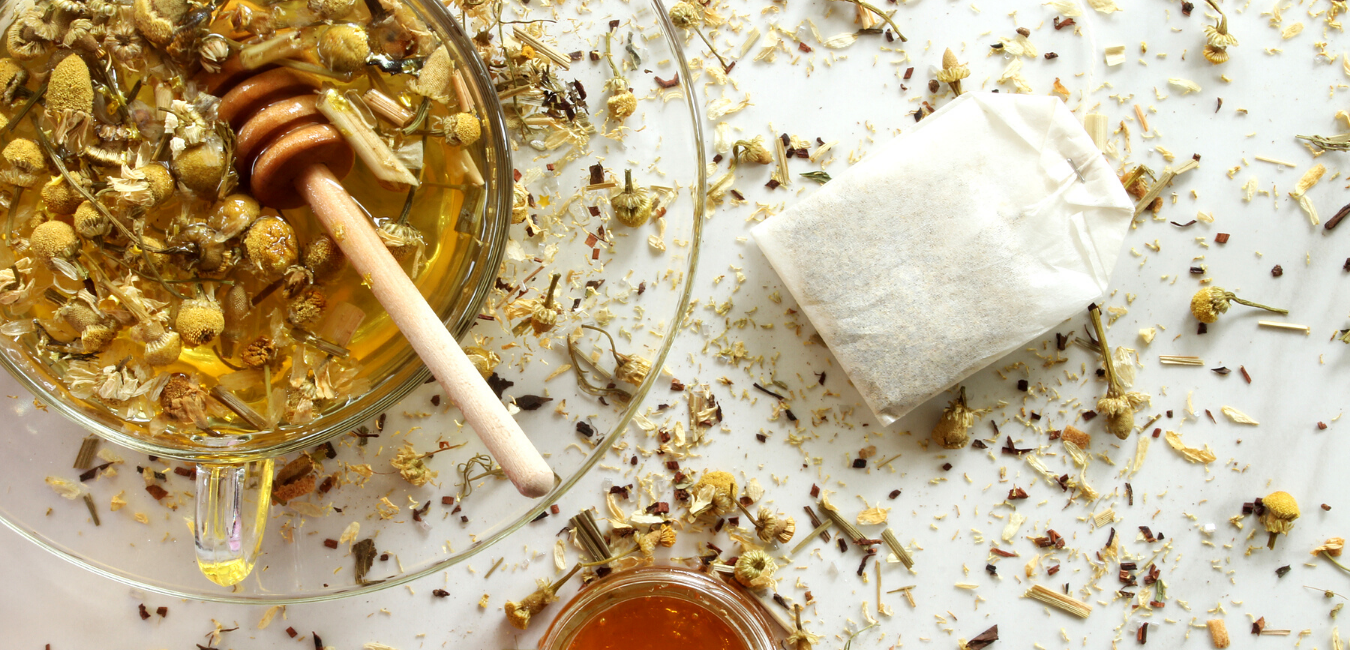I am not fan of bees but they do serve a purpose. HONEY! September is National Honey Month. Honey is used in baking, cooking, cosmetics, and is most widely used as a sweetener for tea.
Just like tea, there are variety of flavors, types, and not to mention the benefits! So, you know this lady had to do a bit of digging for her good people to get the tea on honey.
I spoke with Thinus, the “hive evangelist” at Raw Honey USA to get the answers to the questions you need to know.
……….
Is there a difference between natural, organic, refined, or raw honey?
The short answer is: yes, there is quite a big difference!
However, most of these terms aren’t regulated by the FDA, who only has recommendations (not requirements) for honey labeling; and not all apiaries follow the same criteria. The following descriptions and criteria are the generally accepted definitions used by beekeepers and health-food lovers alike:
Raw Honey is considered to be “honey as found in the hive”, and is believed to be the most healthful version of honey. It is as close to nature as you can get and has not been pasteurized or heated above hive temperature, nor has it been ultra-filtered, or processed, and does not contain any additives.
If the label doesn’t specifically call it “raw honey”, you can almost always be sure it has been processed and pasteurized.
Refined Honey (commonly referred to as “Regular” Honey) is honey that has been processed and pasteurized. It does not contain the benefits of the added propolis and bee pollen. Be mindful that some of the lower-grade refined honeys may be diluted with corn syrup or other sugary substances to increase batch loads!
Always check the label to see if the ingredients list any additives, which brings us to our next option:
Natural Honey – this one is a bit of a misnomer. Honey is naturally produced by bees, however, as with many other health-foods, the term “natural” when applied to honey simply means that no artificial additives have been included. Natural honey may, for instance, be infused with another natural ingredient like lemon, and this doesn’t necessarily take away from its healthful properties (in fact, in some combinations it can even bolster the honey with additional health benefits).
Once again, if the label reads “natural honey”, be sure to check the ingredient list for any additives.
Organic Honey has more to do with the environment from which the bees harvested than with the honey itself. While honey may be one of Mother Nature’s finest gifts, it can only be considered organic if the plants in approximately a 2 mile radius, have not been treated with any pesticides or chemicals and the beekeeper meets the organic standards as stipulated by the USDA.
It is difficult to control and regulate organic honey with 100% certainty. However, there are farms that go the extra mile (and sometimes great costs) to ensure their honey is definitely 100% organic – which is why honey may be expensive.
Lastly, it is worth discussing another term you will frequently see on honey labels, and that is Pure Honey. Pure honey is honey that does not contain any additives; it is just “pure honey”. It may have been filtered and pasteurized though, but has not been treated in any other way. So, while not necessarily as close to nature as raw honey, it is still 100% honey.

Is there an expiration date for honey?
Honey without any additives or that has not been processed (which excludes a lot of store-bought honey), does not expire if stored properly! But if you leave your jar open or if you don’t have an air-tight seal, you may attract a higher water content which may spoil your honey.
Where is the best place to store honey?
The best place to store honey is, contrary to popular belief, NOT in the refrigerator! Store honey at room temperature in a glass or food-safe plastic container with an air-tight seal, ideally in an area that does not get too much direct sunlight.
Over time real honey will become grainy and solidify (crystallize) even at room temperature, but that doesn’t mean it has spoiled or gone bad; it is simply a natural process that occurs due to honey’s high glucose content.
To liquefy honey, place the jar in a shallow pot of warm water and it will eventually de-crystallize. Be careful not to overheat it, as apart from destroying some if its beneficial properties, high heat may affect color and taste if the sugars begin to caramelize.
What is infused honey?
Some beekeepers like to add essential oils, herbs or spices to honey to create a unique product with a burst of flavor or with added benefits. Examples range from honey infused with natural herbs like lavender to honey infused with hemp oil. In most cases the beekeepers will use raw honey as the base and infuse it with all-natural ingredients, but it is always a good idea to check the label for what’s inside.
How do I choose the right honey for my tea?
This would depend on the type of tea, type of honey and personal preference; but there’s a lot of fun to be had trying out different combinations!
A good way to decide is to look at the opacity of the honey: generally speaking, the lighter the honey is, the milder the taste will be (though not ALWAYS the case). Infused honey will have a much stronger flavor than normal varietal honey.
For white tea, a light honey such as clover honey is a perfect pair, as it is subtle and won’t overpower the taste of the tea.
For black tea one could choose a honey with a more pronounced flavor profile, like sourwood or orange blossom. Many infused honeys, like cinnamon or lemon, could work beautifully with a black tea.
For green tea I would recommend opting for a floral varietal honey, such as wildflower, blueberry or tupelo. A mint or lavender infused honey will also take your cup of green tea to the next level.
For other teas, I’d start out with a citrus varietal or infused honey, or a lighter wildflower honey, and experiment from there. Some spiced teas even work well with chili-infused honey!
Two notes when adding honey to your tea:
- Honey is sweeter than table sugar, so start off with less honey and increase according to taste.
- Though scalding hot, boiling water isn’t recommended when making tea either; adding raw honey to a piping hot cup of tea may destroy some of the enzymes and other beneficial properties of the honey. So if used simply as a sweetener, go right ahead and add it; but if you are after the health benefits at the same time, it’s best to let the tea steep for a while and cool down to about room temperature before adding the honey.
……….
There you have it. The tea on honey. There is no denying Thinus loves honey and bees. He hopes to contribute to saving the planet by advocating the support of small, local beekeepers – since they directly ensure the survival and propagation of bee colonies which in turn directly has an impact on a thriving local ecosystem.
But it’s not over. This is just part #1 to the Bella Mae’s honey series. Stay tuned for the next post where we discuss the benefits of honey. In the meantime, check out Raw Honey USA.
Raw Honey USA connects people who love real, raw honey with real authentic products, directly from real beekeepers across the United Sates. They only showcase honey products from vetted, U.S. beekeepers that adhere to sustainable and eco-friendly practices and who have been living a life of loving the bees. Each jar of varietal honey is guaranteed to be raw, and each jar of infused honey strictly contains only raw honey that has been infused with all-natural oils, herbs or spices.
All products are covered by their satisfaction guarantee and are shipped directly from the beekeeper, so you’re not only buying a jar of amazingly delicious honey; you’re also supporting a local business and helping the environment. Find them on Facebook, Instagram, and Pinterest.

